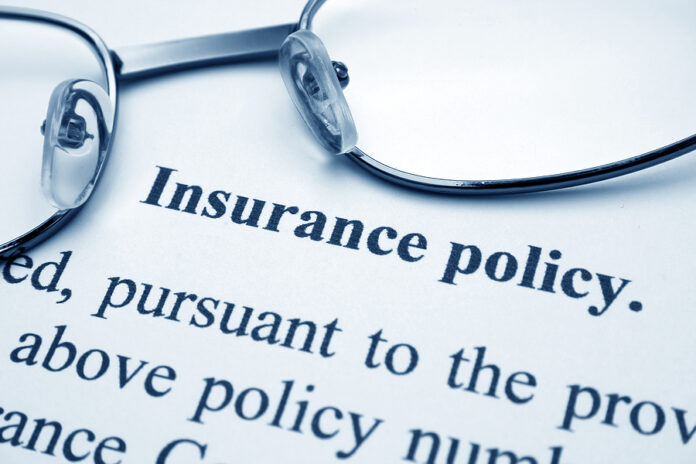
Last month, Delta Air Lines made headlines when it announced that, as of November 1, it would charge unvaccinated workers an extra $200 per month for health coverage. This “stick” approach is a far cry from the “carrot” approach (i.e., extra pay, gift cards, paid time off) that many companies are using. The big questions for Delta, as well as other companies considering this type of approach are: Is it legal? and Does it work?
Neither of these questions has a cut-and-dried answer. Let’s dig in.
Are health plan premium surcharges for unvaccinated employees legal?
The short answer is “probably,” but there’s no official guidance on it yet.
A recent article in The National Law Review explores the legality of these types of programs in depth. Essentially, it comes down to a few main issues:
- Classification as a health-contingent wellness program. While there are laws in place that prohibit employers from charging people different premiums based on their individual health factors, there is an exception for some wellness programs. Under these programs, employers can offer incentives (either rewards or penalties) that require employees to maintain a specific health outcome. For example, employers can and do charge smokers higher health plan premiums than nonsmokers.
- Reasonable accommodations and alternatives. Employers must provide reasonable accommodations to people who cannot participate in the program (e.g., who can’t get vaccinated due to a medical condition), as well as reasonable alternatives (e.g., frequent COVID testing).
- No coercion. Wellness programs need to be voluntary, which means the incentives can’t be so large as to be considered coercive. Wellness program incentives can’t exceed 30% of the cost of the health coverage (except for tobacco use incentives, which are capped at 50%).
Do health plan premium surcharges work?
Assuming the programs are structured such that they’re legal, the next big question is whether they will produce the desired outcomes.
According to Delta, the answer is yes. Within two weeks of the announcement, 20% of the company’s unvaccinated employees chose to get the vaccine.
However, results from a study of the effectiveness of surcharges on tobacco use suggest a less positive picture. A 2016 study published in Health Affairs showed that smokers facing surcharges weren’t motivated to give up smoking — instead, they just ended up with less insurance. Especially when the surcharges were high, smokers were more likely to have reduced health coverage than to stop smoking.
Incidentally, public opinion on the issue is pretty much split in half. In a mid-August survey, The Harris Poll found that 51% of Americans oppose higher health insurance premiums for unvaccinated employees, while 49% support it. Not surprisingly, the percentages differ greatly between vaccinated and unvaccinated groups.
Recommended reading:
- The National Law Review: Imposing Group Health Plan Monthly Surcharges on the Unvaccinated
- SHRM: Health Plan Premium Surcharges for the Unvaccinated?





